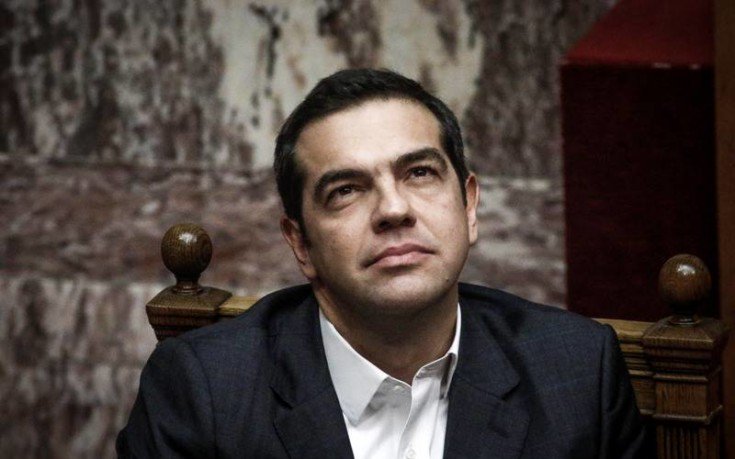The case against the 12 British and two Dutch plane-spotters has brought the independence of the Greek judicial system under scrutiny.
Since the group’s arrest on 8 November, the court in the southern town of Kalamata has been under pressure to free the plane-spotters.
Among the vociferous campaigners for their release were several Greek newspapers and Foreign Minister George Papandreou, not to mention the UK Government and most of the British press.
It must become clear to all that Greek justice is functioning independently and is not the target of pressure by anyone.
Source in the Greek Justice Ministry
Now the plane-spotters are set to go home, some people are questioning the extent to which the government in Greece leans on the courts to influence their decisions.
Doubts and rumours
Greek Justice Minister Filippos Petsalnikos declined to comment on the court’s decision.
But a source in the Justice Ministry told the BBC that “it must become clear to all that Greek justice is functioning independently and is not the target of pressure by anyone.”
“The government, as well as Mr Petsalnikos personally, believe in the principle of preserving and further strengthening the independence of our judicial system,” the source added.
Greek justice has been at the receiving end of political or other pressure by and large in the same degree as is the case in other western European countries.
Harry Anthis
That is the official line, but the chairman and general manager of the Greek legal internet portal, LawNet.gr, Harry Anthis does not buy it.

Harry Anthis
“The Greek judiciary is no more and no less independent than other parts of the administration and the public service. Greek justice has been at the receiving end of political or other pressure by and large in the same degree as is the case in other western European countries,” he says.
“Claims [of extrajudicial intervention] have never been supported with sound proof, and, therefore, so far no charges have ever been brought for intervening in the legal system”.
But Greek politics has been shaken by one claim – made by the former Minister of Justice, Michael Stathopoulos within hours of leaving his post – that political pressure was exerted on the judiciary.
Even though he hastened to retract this statement, it was enough to feed rumours about restrictions on the judiciary’s independence.

Νafplion prison
These doubts mean it is difficult to establish whether judges were influenced in their decision to free the 14 defendants on bail by the government or, indeed, by British pressure.
Fair to all?
There are also doubts about whether the plane- spotters received from the court and the prison service the same treatment as any Greek citizen would.
“One may say that the whole judicial process has been speedier than average by the standards of Greek justice, but not really phenomenal if one takes into account that the only thing that has been ruled on was the lifting of the temporary detention order and not the case itself,” says the legal correspondent of Athens’ Apogevmatini newspaper, George Kousoulas.
“Greek courts get clogged up when it comes to dates for proper trials and that is more the case in Athens. Courts in some smaller towns are usually less busy”.
The plane-spotters certainly faced better-than-average conditions in comparison to what is the norm in Greek prisons.
George Kanellopoulos
As for the Nafplion prison where the male members of the group were held, a local journalist, George Kanellopoulos, says it enjoys a good reputation regarding conditions for inmates.
“The 13 men are kept in the new wing of the facility, which was built only about a year ago, where things are pretty good by European standards – for instance, each cell is normally shared by three inmates.
Despite relatives’ concerns, he thinks the foreigners did not come off badly.
“The plane-spotters certainly faced better-than- average conditions in comparison to what is the norm in Greek prisons,” he says.

![Krugman: If Tsipras accepts the dictates of the Troika, how is he different? [vid] Krugman: If Tsipras accepts the dictates of the Troika, how is he different? [vid]](http://serpico.gr/wp-content/uploads/2018/07/paul_krugman-2.png)
![Greece celebrates Euro 2004 victory [aud] Greece celebrates Euro 2004 victory [aud]](http://serpico.gr/wp-content/uploads/2018/03/euro-2004-greece.jpg)

